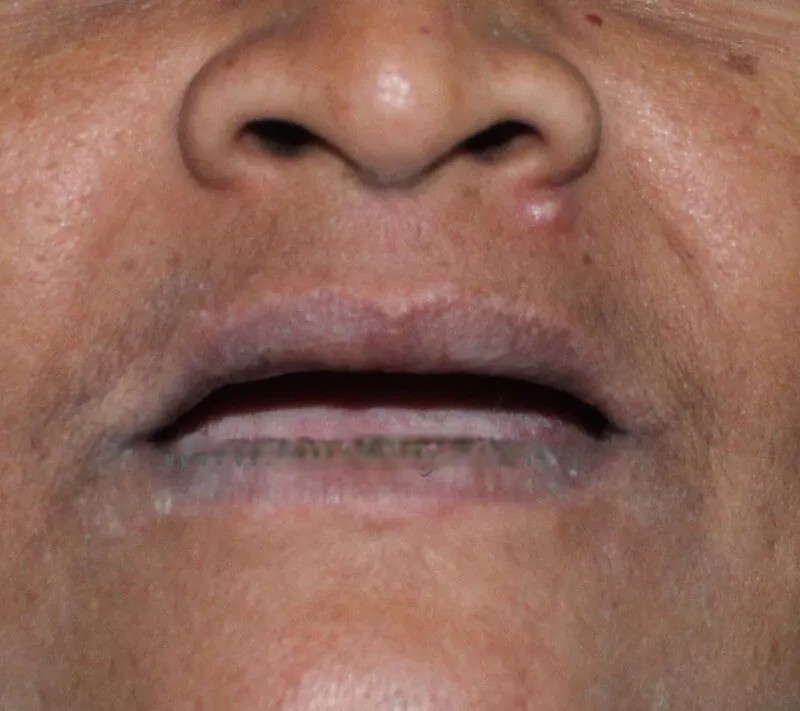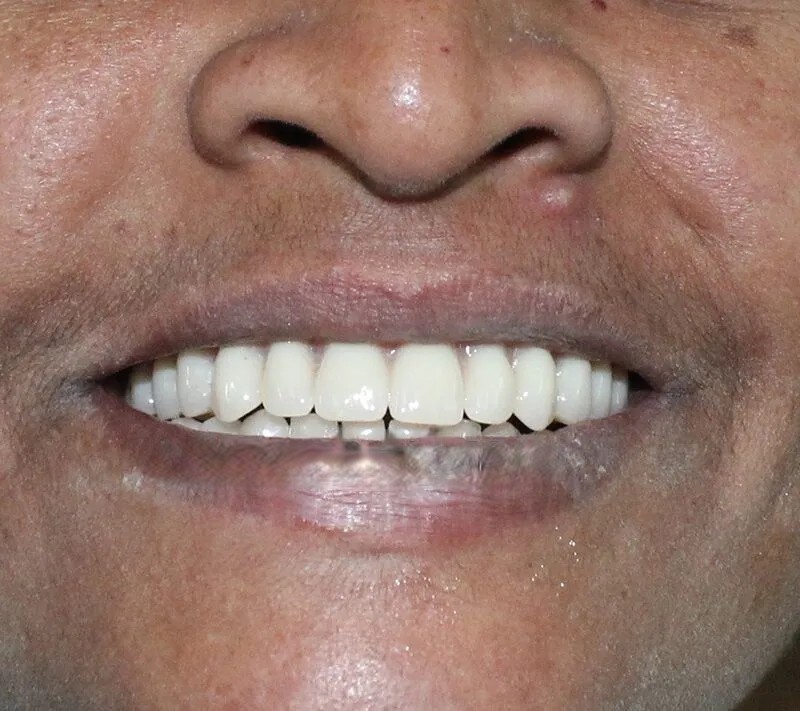Full Mouth Rehabilitation
Tooth loss can occur due to a variety of reasons.
- Dental and gum disease – The most common reason for tooth loss is gum (periodontal) disease. Infection of the tooth supporting structures gradually destroys tooth support and ultimately tooth may be lost if not intervened. Dental caries (decay) can also progress to such an extent that the tooth is no longer salvageable and needs to be removed to prevent further spread of infection.
- Trauma – Teeth can be “knocked out” from trauma, such as in an accident or assault. Teeth may break or fracture in such a way that they must be extracted. This can also happen due to teeth clenching and grinding habits (bruxing).
- Congenital absence – Sometimes teeth may be missing by birth. The baby teeth may appear but the permanent teeth may be missing.
- Other health conditions- Apart from gum diseases, some health conditions like diabetes and osteoporosis may affect tooth support and bone density. Deterioration of support may result in tooth loss.
Consequences of Tooth Loss
Besides health problems, missing teeth lead to unsightly gaps in a smile. This affects appearance and decreases self-confidence. Tooth loss causes
- Speech problems
- Problems in chewing leading to avoiding some foods
- Social embarrassment
- Anxiety and self-consciousness
- Movement and weakening of remaining teeth and their possible loss
- Nutrition problems
- If baby teeth are lost early, there is no sufficient space for the adult teeth to erupt and leads to teeth malalignment.
In order to prevent all those problems, there are many options for Tooth Rehabilitation
Fixed Dental Crowns and Bridges
A crown is a hollow cap that is fixed onto a tooth and covers it entirely. It is used in cases where there is lack of tooth structure or for a tooth that is weakened by decay, damage or is discolored. They are also usually required after Root Canal Therapy. A crown can be placed to strengthen the tooth or to improve its appearance, shape or alignment.
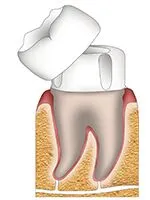
Schematic Diagram of
Dental Crown
A bridge is used to a fixed replacement for one or more missing teeth. Teeth neighboring the empty space are used as anchors to place a bridge. Crowns and bridges may also be fixed upon dental implants.
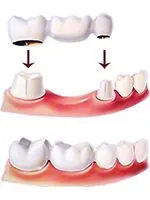
Schematic Diagram of
Dental Bridge
We specialize in metal-free porcelain crowns and bridges that are translucent and very closely resemble your other natural teeth. Being metal-free, there is no ugly grey line at the edge as seen in the case of older metal based crowns.
We also specialize in Zirconium crowns and bridges that are durable and esthetic. We use this latest advanced technology in cosmetic dentistry with great results and its esthetics & strength is exemplary. The look of zirconia is so close to natural teeth that it is hard to tell the difference. It is also a very strong substance that can endure wear and tear. It allows light to pass through as a normal tooth would and that gives a natural look, unlike other metal cores that block the light.
Zirconium crowns have become the preferred choice for dental crowns.
We employ sophisticated CAD CAM technology for precise and accurate crown and bridge work.
Crowns and bridges are permanently fixed to natural teeth. They are very easy to maintain, just like brushing natural teeth, crowns and bridges can be brushed too.
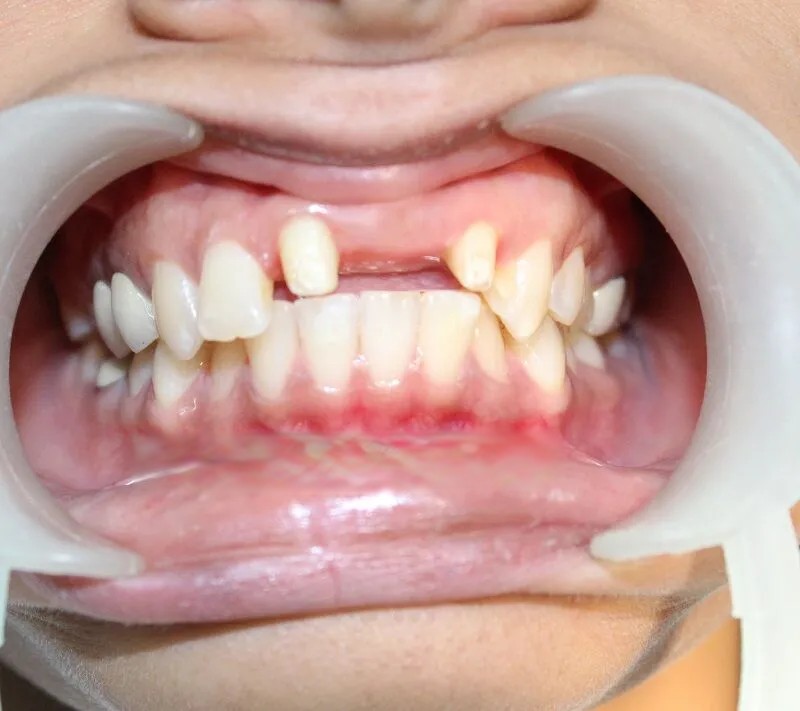
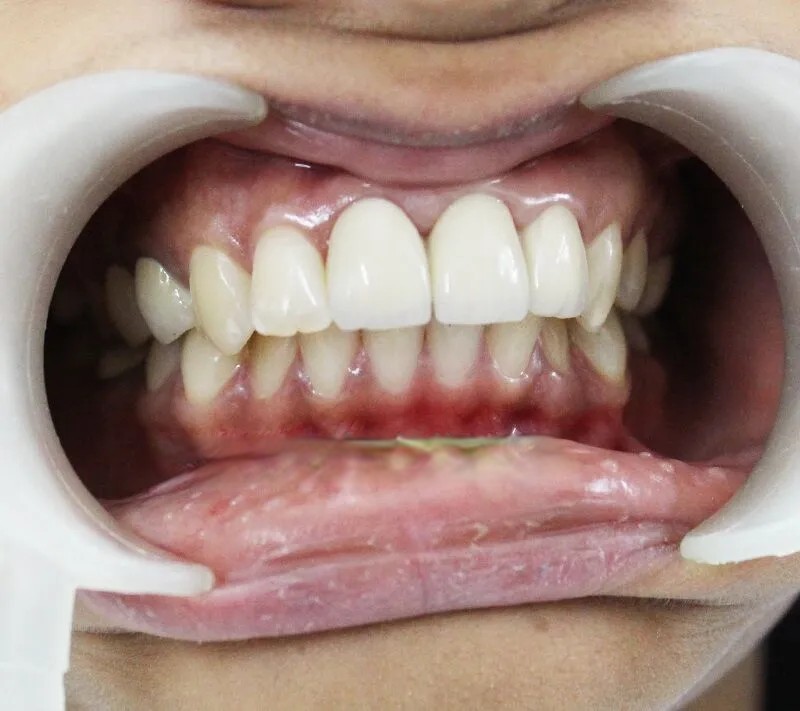
Removable Dentures
These are removable replacement for missing teeth. There are two types of dentures-complete and partial. Complete dentures are used when all the teeth are missing. Partial dentures are used when some natural teeth are still remaining.
Our Prosthodontists specialize in dentures that resemble natural teeth helping our patients eat and speak better. Dentures fill out the appearance of the face and profile improving appearance and smile.
